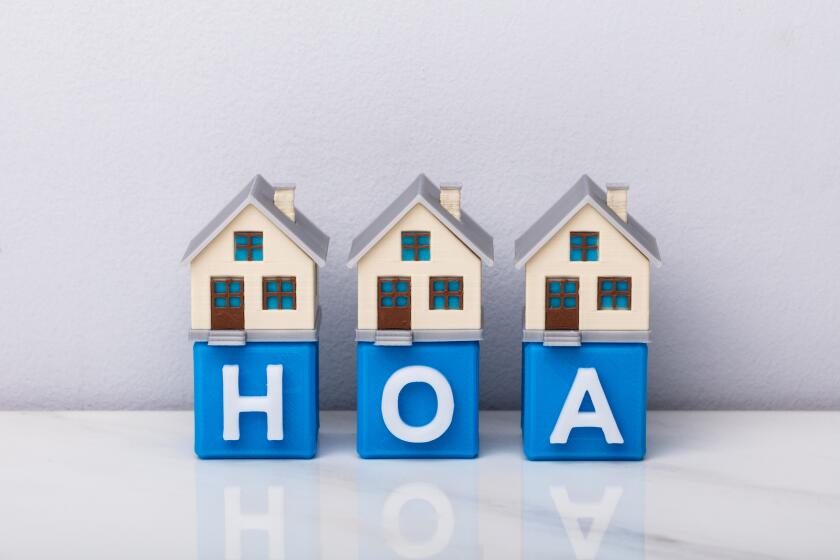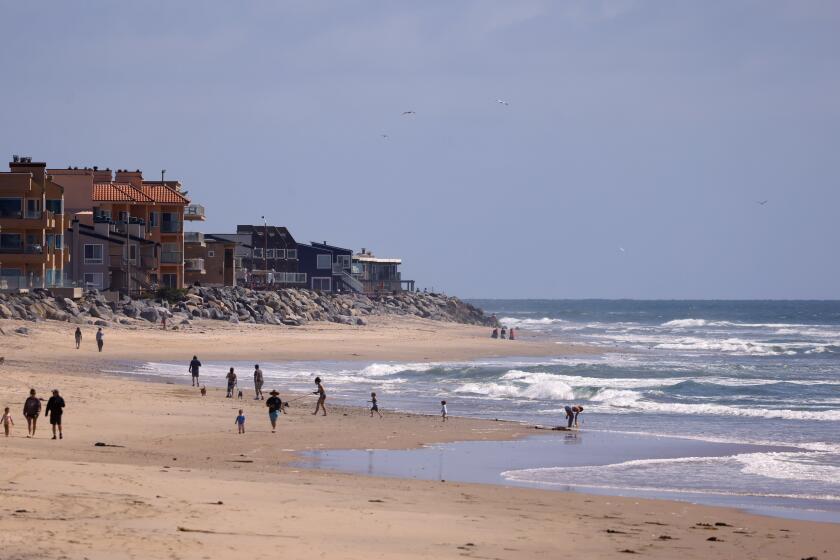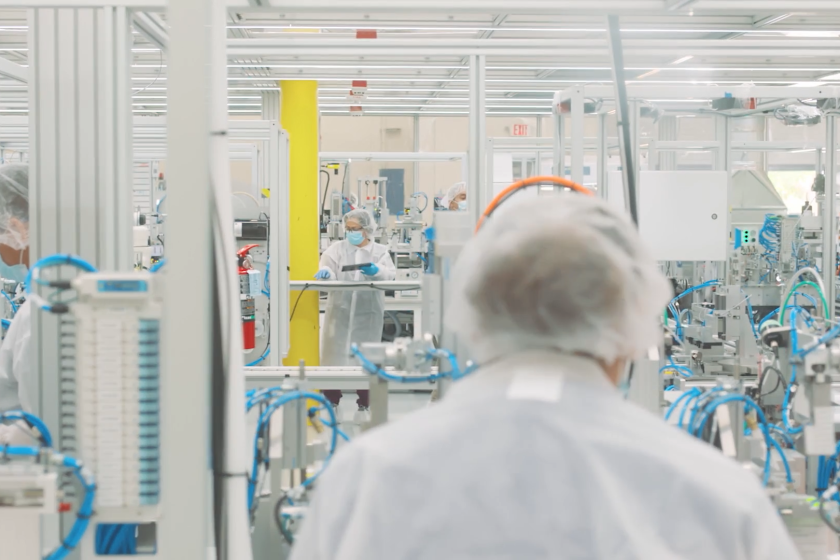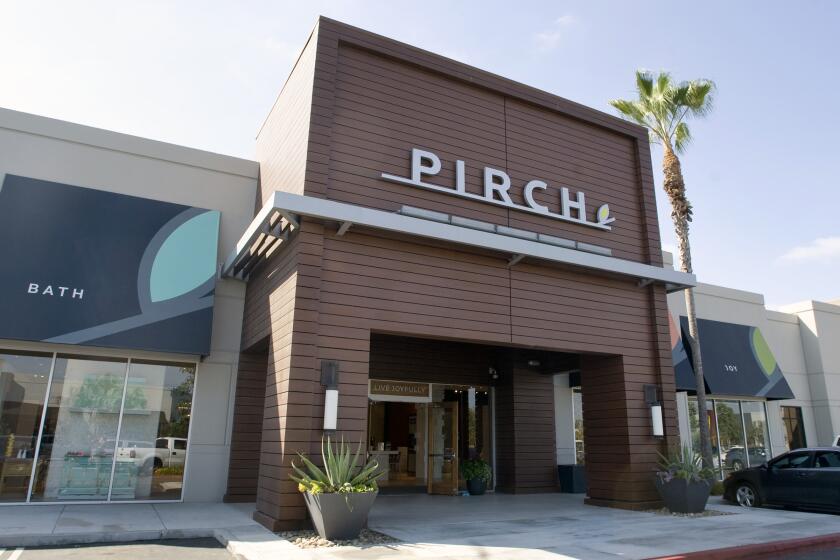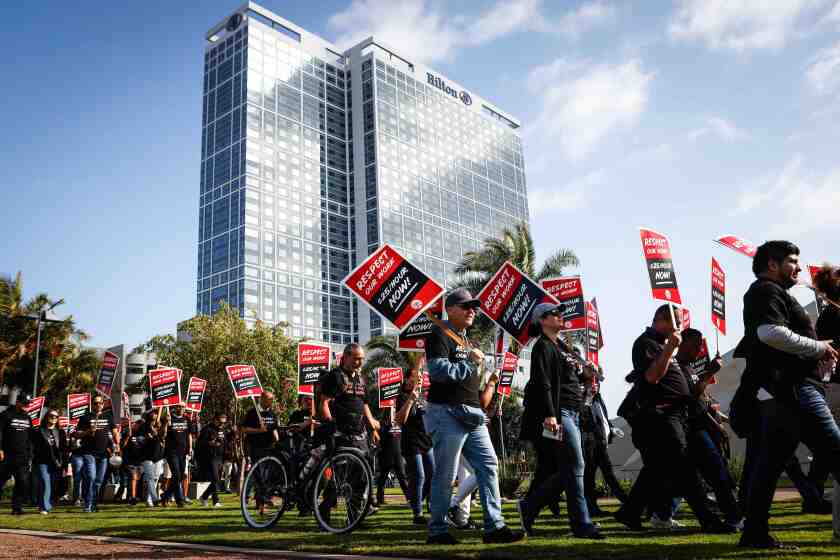HOA Homefront: Should boards shine more light on solar installations?
Q: Last year, I volunteered to sit on the architectural committee for our homeowners association and it really opened my eyes to how an HOA operates. Applications for solar power installations are approved without hesitation. We do not require the owner to submit a copy of a building permit before work begins. It seems to me we are leaving ourselves unprotected in the event there is a mishap with the solar equipment that results in personal injury or loss of property. I broached the issue with the board; they indicated that our only concern is the esthetics of the installation. I would like to ensure we protect the interests of the HOA. Your thoughts, please. D.R., Riverside
A:As you may know, Civil Code 714 and 714.1 establish strong protections for solar energy installations in common interest developments. Associations may not ban solar systems, and may not impose requirements that decrease system efficiency by 10 percent. This January, Civil 714 becomes even stronger, as associations may not ban installation of solar systems on common area roofs or garages. In planned developments, associations have less to say about solar systems, because they are usually installed on owner lots and not common area. However, installation of solar systems in condominium projects presents much greater concerns because roofs, garages, and carports are typically common area, and therefore usually association responsibility. Systems installed on common area may cause leaks, or interfere with future roof replacement, repair and maintenance. Installers could harm the roof, injure themselves or injure others.
Associations are not required to give carte blanch to solar system installations, and may impose reasonable limitations. Civil Code 714.1 specifically authorizes certain important requirements. Associations may require an approved solar energy system for installations on common area; that the owner of the system to provide for the maintenance, repair and replacement of roofs or other affected building components; and that the system installers indemnify the association from any damage caused by the installation, maintenance or use of the system.
Starting in 2018, a new Civil Code 4746 will provide that, regarding solar systems upon a shared roof, associations may also require that all the owners in the building be notified, that successive owners of the unit also will be responsible for the system, and that the member has insurance in place naming the association as an additional named insured. The association also may require the applicant to commission a solar site survey to determine what is the fair share of a multi-unit building’s roof that can be used by the owner’s solar system.
Associations also should be careful about leased solar systems, in which the HOA member does not own the system. The HOA does not control the leasing company, so associations may require members own the system to be installed.
Solar systems will continue to improve in efficiency, and an increasing number of HOA members are likely to seek to install them. Therefore, associations should plan ahead and have requirements that do not discourage solar systems, but protect the HOA and its common area. Building permits (if required), and liability and workers compensation insurance covering the installers is also essential.
Kelly G. Richardson, Esq. is a Fellow of the College of Community Association Lawyers and Senior Partner of Richardson Ober PC, a California law firm known for community association expertise. Submit questions to Kelly@RichardsonOber.com. Past columns at www.HOAHomefront.com.
Get U-T Business in your inbox on Mondays
Get ready for your week with the week’s top business stories from San Diego and California, in your inbox Monday mornings.
You may occasionally receive promotional content from the San Diego Union-Tribune.
